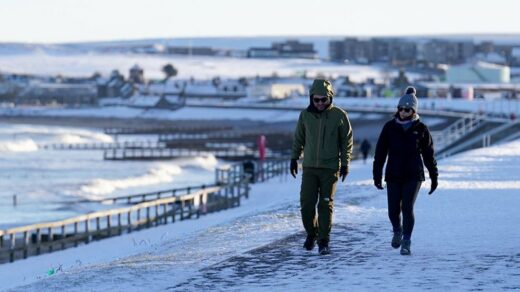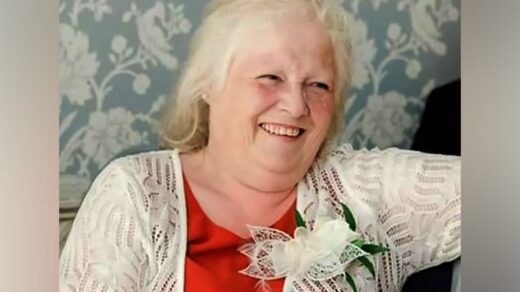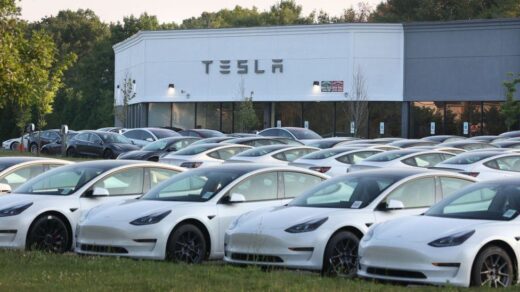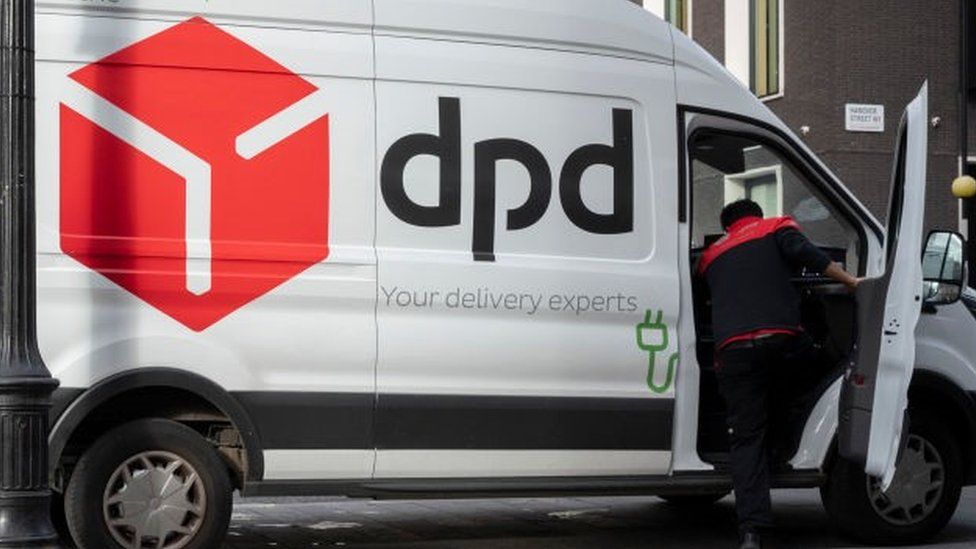When discussions about history being made in Northern Ireland arise, Gail McConnell becomes skeptical. She believes that too much suffering and wasted time has occurred for her to place much trust in political rhetoric. Instead, she desires tangible action and hard work. “This should be just another day of government,” she says, referring to the recent restoration of power-sharing and the election of an Irish nationalist first minister.
McConnell was only three years old when the IRA targeted her father, William McConnell, an assistant prison governor. He was killed instantly by two masked men with guns. The trauma of this event has stayed with her, and she is acutely aware of the high rates of PTSD and anti-depressant usage in Northern Ireland.
Despite her past, McConnell is a symbol of a progressive Northern Ireland. As a gay woman advocating for gender issues, climate change, and victims’ rights, she represents a Northern Ireland that is no longer solely defined by religious or constitutional affiliation. She also acknowledges the increase in mixed relationships between Catholics and Protestants since the late 1990s.
However, she warns that progress still needs to be made. The peace walls separating Catholic and Protestant areas largely remain, and only about 8% of schoolchildren are educated in integrated schools.
Former IRA prisoner, Richard O’Rawe, shares McConnell’s belief in progress. He views the recent events at Stormont as an opportunity to address pressing issues like healthcare and youth unemployment. Despite his involvement in an IRA bank raid in the 1970s, O’Rawe now regrets the campaign.
The election of a Sinn Féin first minister is seen as a significant moment for former activists like O’Rawe who emerged from a tradition of revolutionary violence. However, he believes that achieving a united Ireland requires a non-confrontational approach that appeals to all citizens, particularly unionists.
Returning to Belfast after 40 years, the city has changed profoundly. The absence of daily fear has allowed new conversations about different futures to emerge. There is hope for a brighter future, echoing the words of Ulster poet Louis MacNeice – “there will be sunlight later”.









